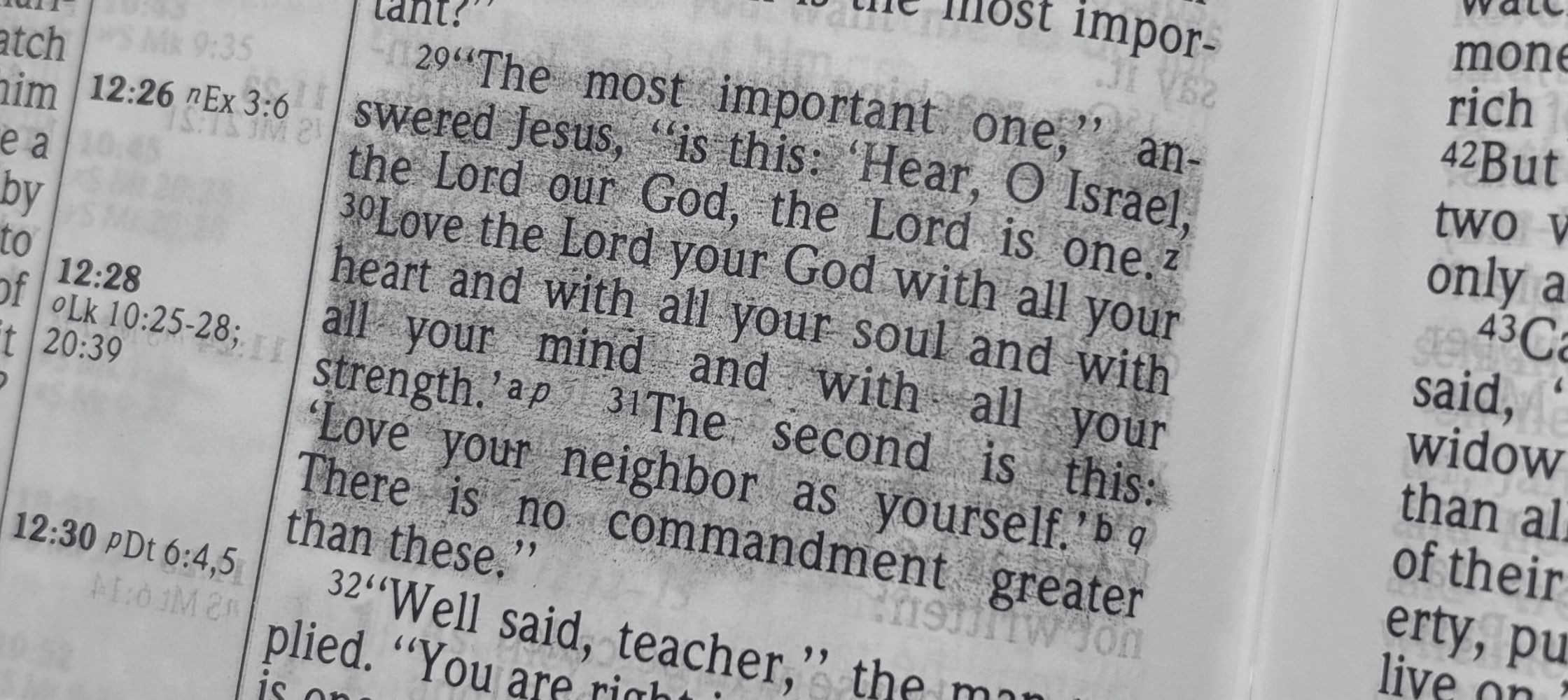Thank you! Your submission has been received!
Oops! Something went wrong while submitting the form.

By: Robert E. Zink
May 2, 2022
“Lord, break my heart for what breaks yours,” goes the cry of one song, while from the lips of others goes the prayer, “Help me to see with the eyes of Christ.” To see like Christ, though, we must know Christ. Because our interpretation of the people and circumstances depends on how informed we are by Scripture, this noble goal to see things as Christ does is only as worthwhile as our theology. The attempt to look upon those around us through the perspective of Christ is not as futile as it may seem. Indeed, our finite minds are incapable of an exhaustive comprehension of the infinite mind of Christ. Yet, we have a gracious Lord who has charitably revealed Himself to believers. Consequently, when we ask, “What is the perspective of Christ when he looks upon the world?” He allows us some insight onto this very topic.
Towards the end of Matthew 9, Mathew offers a summary of Christ's ministry, noting that he had been going to various cities, teaching, proclaiming the gospel, and healing disease and affliction (Matt 9:35). Then, we read further in the next verse and Matthew offers some astounding information, revealing an aspect of Christ’s impulse in ministry. He says this in verse 36: “When he saw the crowds, he had compassion for them, because they were harassed and helpless, like sheep without a shepherd” (Matt 9:36).
The compassion of Christ towards people is continuously revealed throughout Scripture. Most profoundly, it is seen at the cross, the intersection of His love for God and His love for people. In this text, though, Matthew reveals that one of the catalysts for Christ's compassion is not their physical deprivation but their spiritual destitution. As Christ further expounds, pointing to the need for laborers (Matt 9:37-38), context tells us that this perspective is an impetus for the Great Commission.
Why does this lack of a shepherd compel compassion? Perhaps to answer that, we need to ask first, “What happens to sheep without a shepherd?”A sheep without a shepherd:
We have no reason to wonder why Christ was filled with compassion when He saw the people's lack of a shepherd.
Perhaps more concerning is not just that these people did not have a shepherd, but they did not even understand their need for a shepherd. As such, they were harassed and helpless. In this state, the people's greatest need was for a shepherd and before them stood the greatest Shepherd (Jn 10:11), yet the people failed to see Him as He was. How do we view the world in which we live? Instead of viewing them as believer versus unbeliever or Christian versus secular (a view that leads to an “us versus them” mentality), we look upon the lost as those without a shepherd. If we want to see the world as Christ sees it, we look upon them compassionately because they lack an intimate relationship with a shepherd.
